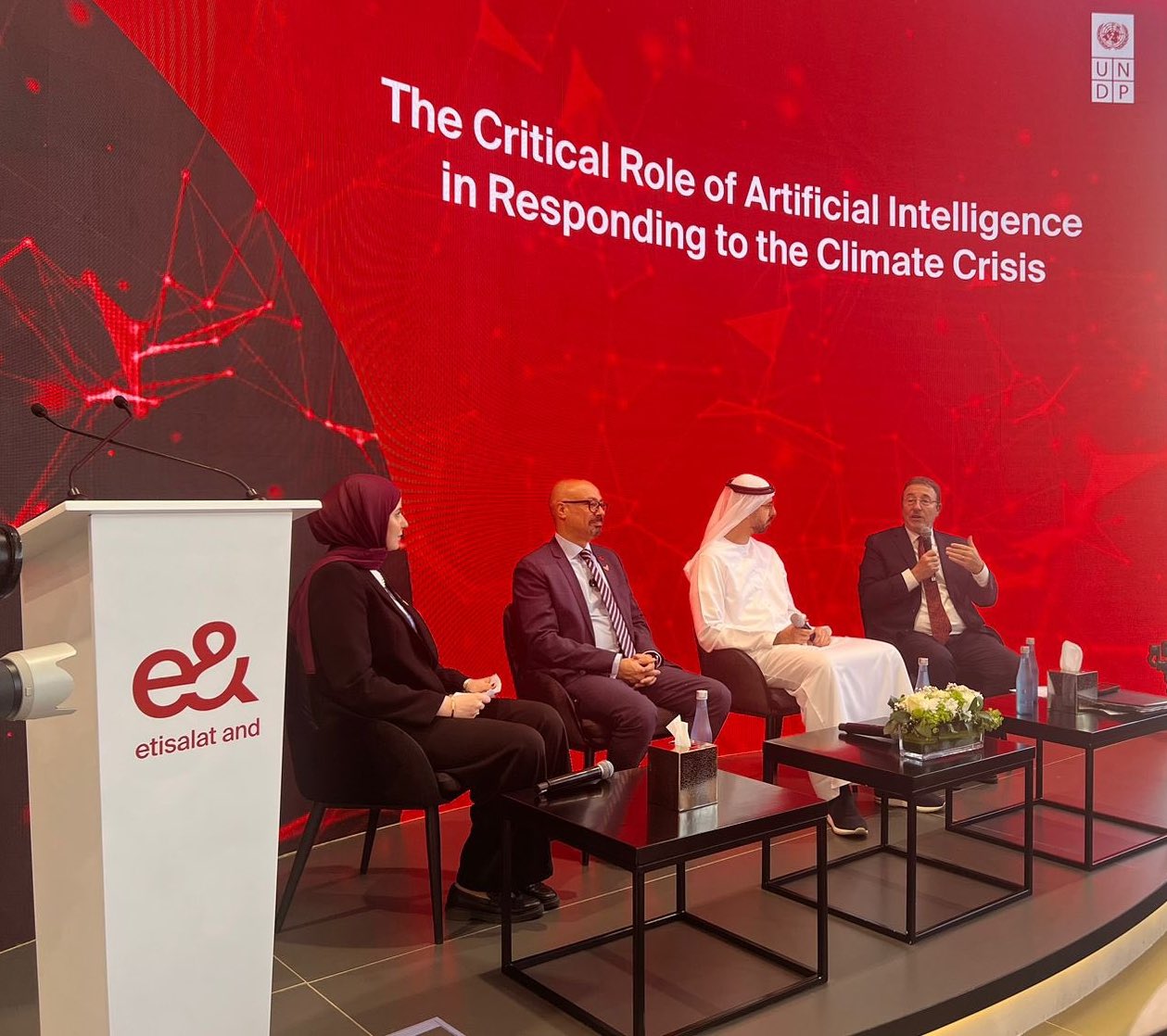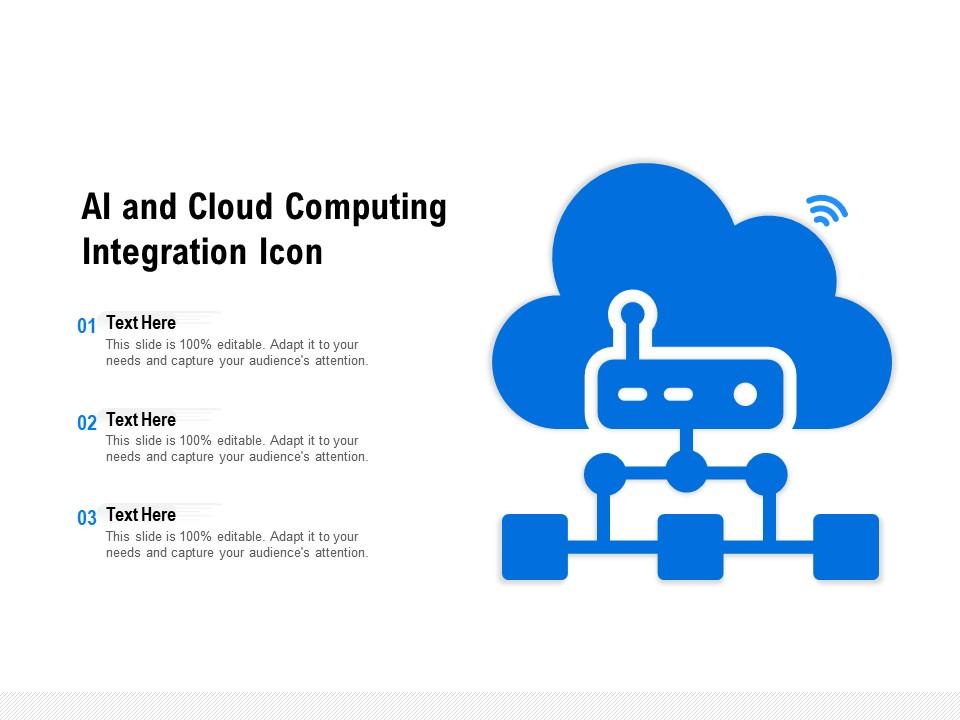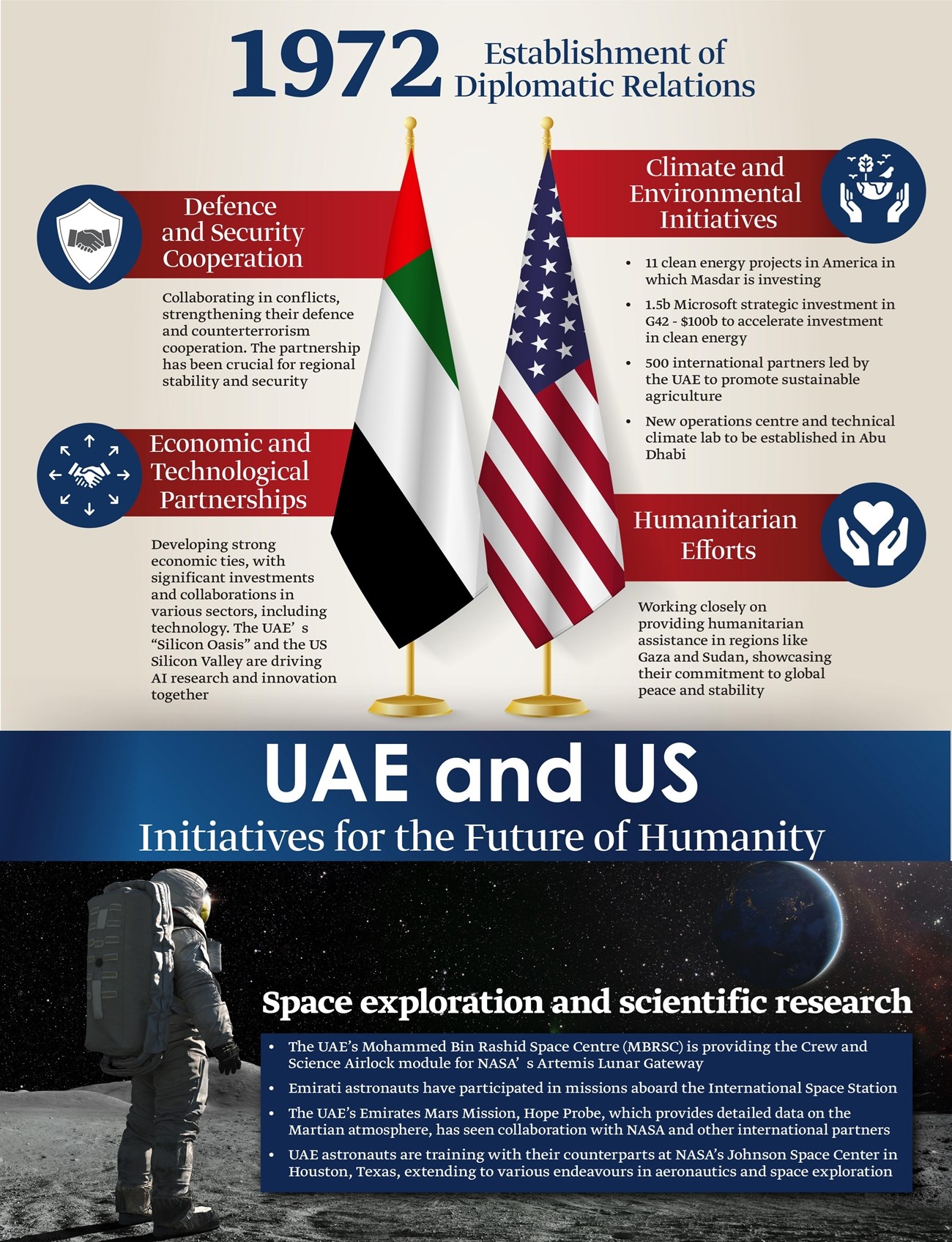
The New Frontier: AI Innovation in Nigeria and the UAE
As AI rapidly transforms industries across the globe, Nigeria and the United Arab Emirates (UAE) stand at the forefront of this revolution, harnessing the power of large language models (LLMs) to propel their economic growth and technological leadership. Through innovative partnerships and substantial investments, both countries are redefining their roles in the global AI landscape.
 Unleashing potential: The dual landscape of AI development in Nigeria and the UAE.
Unleashing potential: The dual landscape of AI development in Nigeria and the UAE.
Nigeria’s Ambitious LLM Project
The Nigerian government has unveiled plans to collaborate with local startup Awarri to create a homegrown LLM. This initiative, led by the Nigerian technology minister, Bosun Tijani, aims to train the model in several low-resource languages, alongside accented English. By prioritizing the representation of Nigerian languages in AI, the government is setting a precedent for similar efforts across Africa.
With AI’s vast potential for socio-economic growth, especially in sectors like agriculture, energy, and climate action, the country is poised to leverage LLMs to develop AI-enabled products and services that are both relevant and impactful.
Training an LLM, however, requires significant computational resources and expertise, which are often elusive in many African organizations. Yet, advances in cloud computing and containerization platforms, such as Kubernetes, are beginning to change this landscape. These technologies enable organizations to deploy and manage LLMs, overcoming the traditional barriers associated with AI implementation.
The Power of Containerization
The deployment of LLMs is increasingly facilitated by cloud infrastructure, which provides organizations with the necessary resources to kickstart their AI initiatives. Containerization technologies not only streamline the development cycle but also enhance security by isolating applications from the underlying systems. By investing in these technologies, Nigeria signals a commitment to developing LLMs that embody transparency and collaboration – two values crucial for fostering innovation.
 Cloud technology: A catalyst for AI development in Nigeria.
Cloud technology: A catalyst for AI development in Nigeria.
In the context of Nigeria’s national development strategy, adopting container technologies can empower various sectors to innovate and optimize their processes through AI. The emphasis on open-source models, in particular, allows for collaboration among organizations, leading to enhanced performance and reduced biases, which often plague AI systems.
UAE: Aiming for Global AI Leadership
While Nigeria positions itself as a rising player in AI, the UAE is intensifying efforts to solidify its status as a global leader in AI innovation. Known for its wealth and architectural marvels, the UAE is now channeling resources into developing cutting-edge AI technologies.
The recent creation of the Falcon LLM by the Advanced Technology Research Council (ATRC) exemplifies this ambition. Recognizing the value of collaboration, the UAE made Falcon an open-source LLM, allowing developers worldwide to leverage its capabilities. This strategy has quickly positioned the UAE among top global AI contenders, challenging established leaders like the United States and China.
 Leading the charge: The UAE’s Advanced Technology Research Council and its contributions to AI.
Leading the charge: The UAE’s Advanced Technology Research Council and its contributions to AI.
Energy Resources and AI Infrastructure
The UAE’s vast energy surplus makes it uniquely suited to support extensive AI infrastructure. With significant investments in datacenters powered by oil, solar, and natural gas, the UAE is in a prime position to meet the energy demands of an AI-driven future. As other nations grapple with energy efficiency and capacity, the UAE’s abundant resources offer a competitive edge.
Discussions between Emirati leaders and US President Joe Biden reveal the strategic importance of AI in diplomatic and economic relations. With considerable investments flowing into the UAE’s AI sector from major players like Microsoft, the region is cementing itself as a hub for AI innovation.
Navigating Diplomatic Waters
The interplay between the UAE and other global powers is critical to understanding its trajectory in the AI realm. While maintaining diplomatic relations with both the United States and China, the UAE carefully navigates the complexities of AI technology transfer and investment opportunities. Despite the restrictions imposed by the U.S. on chip exports to China, the UAE continues its efforts to foster partnerships that could prove beneficial in advancing AI capabilities.
 Global collaboration: The UAE’s strategic partnerships in AI.
Global collaboration: The UAE’s strategic partnerships in AI.
Investments from both Microsoft and OpenAI highlight the growing interest in the UAE’s burgeoning AI sector. With plans to attract further investment, the UAE government is poised to facilitate innovation that pushes the boundaries of AI applications, ensuring its leading role on the global stage.
The Future of AI in Nigeria and the UAE
As we look ahead, the trajectories of Nigeria and the UAE present a vivid illustration of how nations can navigate the complexities of AI integration. While Nigeria focuses on localizing AI solutions to fit its diverse linguistic and cultural context, the UAE positions itself as a global powerhouse leveraging its resources and strategic partnerships.
The advancements made in AI will undoubtedly continue to impact a myriad of industries, from healthcare to agriculture, transforming how these sectors operate and deliver value. By fostering innovation within a framework of collaboration and transparency, both countries aim to carve out a sustainable future that prioritizes ethical AI practices and inclusive growth.
In conclusion, as AI continues to evolve, Nigeria and the UAE are not just minor players; they are actively crafting their narratives within the global AI landscape, setting the stage for a future where technology empowers socio-economic prosperity.
This article highlights the ongoing evolution of AI initiatives in Nigeria and the UAE, underscoring how political will, local talent, and strategic partnerships can catalyze growth in this promising field.













